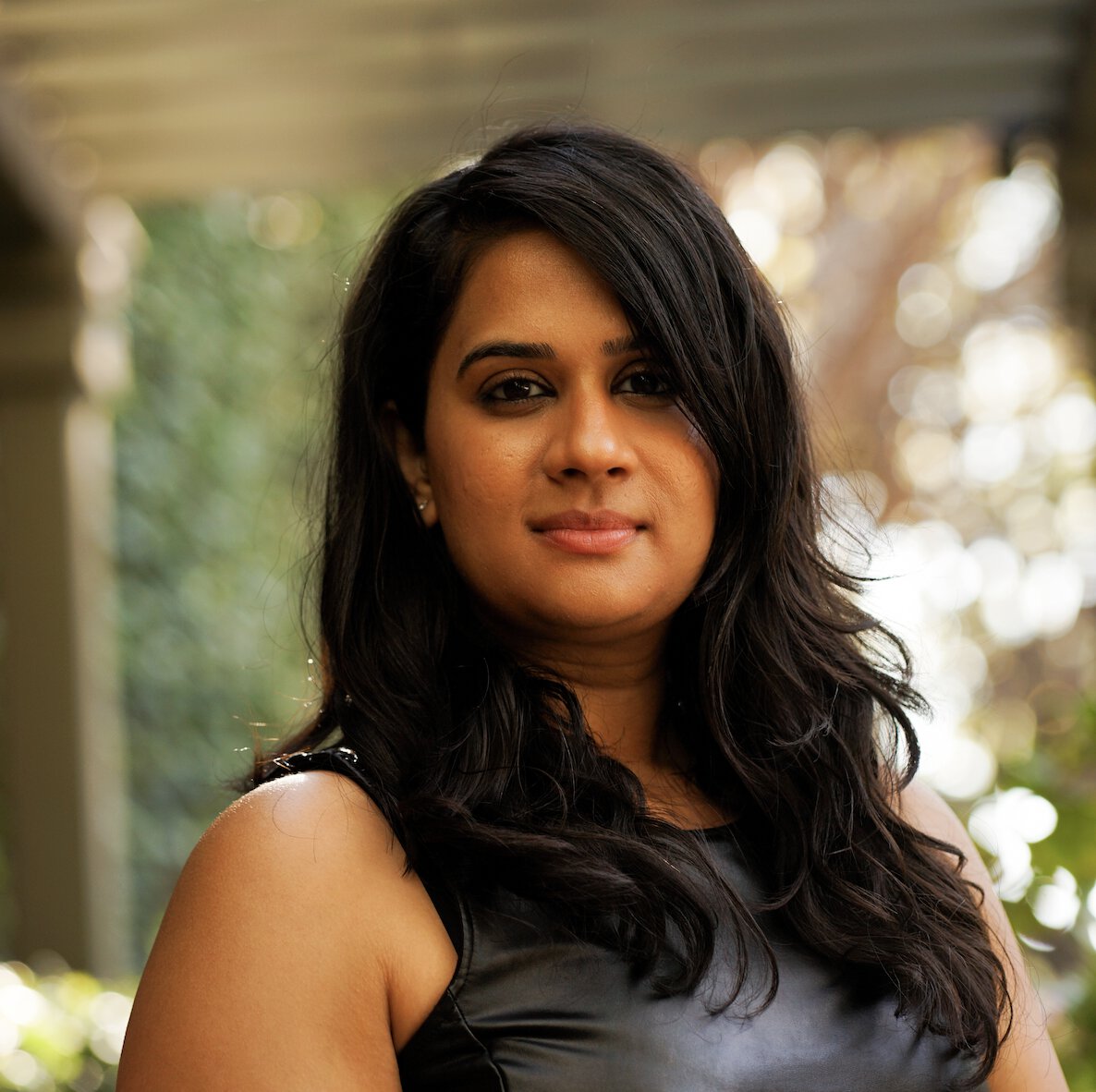Anna, a 38-year-old Korean adoptee with a cognitive disability, cares for her aging parents in a fragile balance of meeting each others’ needs. When a Florida heat wave shatters their family and Anna’s routine, her future is uncertain - until she creates a world where she can thrive.
SYNOPSIS
The fictional story follows Anna, a cognitively disabled woman who is also a caretaker, striving for autonomy. The script does not overlook her disability and she never becomes a savant, a burden, nor is she objectified — she is simply one of us.
The story uplifts the many facets of Anna’s character: she is disabled, yes, but she’s also an Asian adoptee, a sister and a caregiver to her aging parents. The story touches on themes about the adopted family as its own unique balancing act without glorifying adoptee trauma or white saviorism. Take Me Home empowers the disabled character and highlights the ethical dilemma of caretaking in the impossible American Healthcare system. There are glimpses of privilege and capitalism - who can get caregiving and who can’t? Who gets to live a respectable life after they have limited abilities?
====
Following in the legacy of recent American social realist films such as Florida Project, The Rider, and Nomadland, TAKE ME HOME is a deeply personal story that will blend its fictional arc with the very real lived experience of its lead actor and other disabled and older adult members of the cast and community. While the script is carefully crafted as a narrative, the film blurs the line between documentary and fiction. The process is designed as almost a structured improv to offer a space for the actors to thrive rather than feel confined by a controlling traditional filmmaking process.
====
The script, the production, the edit and the mission are built around my love for my sister Anna. Like Sing Sing, these are the conversations I want to create about how we make films that are truly inclusive. For all the years of feeling helpless drowning in anxiety and doom around my love for my aging disabled family, this film is a way for me to try to change the fabric of this world. It’s a way to share my insight and perspective on the lives I see quietly suffer. Take Me Home ends in a grounded magical realism that offers the viewer hope with a call to action to create a world where everyone’s needs are met.
Director Statement
I grew up in a suburb of Chicago with white Midwestern parents who had four biological children and adopted seven more—six of whom are Korean, and several with disabilities. As the middle child, I often helped my siblings navigate PTSD, borderline personality disorder, depression, and developmental disabilities.
Through my films, I continually unpack these experiences—exploring cultural divides and intimate, often harrowing, moments. This film began with the realization that the world isn’t built for my youngest sister, Anna, who has a cognitive/developmental disability (CDD) that left her with little short term memory.
Anna is my favorite. She’s spicy, empathetic, and always tells the truth. She’ll never live alone, and we both wonder what happens when she can no longer live with our parents. One in four U.S. adults is disabled, yet our culture is still catching up to that fact.
Take Me Home follows a fictionalized Anna—a cognitively disabled woman caring for her aging parents—searching for autonomy. Her disability is neither minimized nor sensationalized; she’s not a savant, a burden, or a metaphor. She’s a full person: an Asian adoptee, a sister, and a caregiver. The film honors the complexity of adopted families without glorifying trauma or relying on white savior tropes.
The story highlights the ethical dilemmas of caregiving in a broken American healthcare system and asks: Who receives care? Who’s left behind? For all the years I’ve felt helpless loving my aging, disabled family and this film is my way of fighting back. My call to action.
Supporter Statement
“We have tremendous confidence that Liz Sargent’s ‘Take Me Home’ will make an incredibly, beautiful film. Congratulations Liz, our eighth winner of AT&T’s Untold Stories.” -- AT&T's Untold Stories 2025 Jury
---
“Take Me Home” was unanimously selected by the 2025 Untold Stories Greenlight Committee comprising of Stephanie Hsu, Andrew Ahn, Marianne Jean-Baptiste, Gina Rodriguez, AT&T Chief Marketing and Growth Officer Kellyn Kenny, and 2023 AT&T Untold Stories winner David Fortune (“Color Book”).
---
“Take Me Home reminds us that patience and love can help us through the most difficult times in life.” — Alan French, Sunshine State Cineplex
---
“Humanity in the pursuit of empathy - deeply human… visually captivating.” – Jeremy Hsing, Respectability
ABOUT FILMMAKER(S)
 Director Liz Sargent
Director Liz Sargent
Liz Sargent is a Korean-American adoptee and award-winning filmmaker whose work delves into adoption, disability, and family dynamics. With a background in choreography, she brings emotional depth to her storytelling, shaped by her experience as the middle child of eleven in an intersectional family.
A two-time NY EMMY winner (2020 & 2021), Liz is also a HALF Initiative Mentee (2022 & 2023), an MSSNG PCES AICP Mentee (2023), and NBCU's Launch Director (2024-2026). Her debut narrative short, Strangers' Reunion (2019), produced by Ritz-Carlton and Hearst under the mentorship of Mike Figgis, was an adoptee reunion film released in six languages worldwide.
Her proof of concept, Take Me Home, premiered at Sundance (2023), won the Grand Jury Prize at American Cinematheque's PROOF FF (2024), and was the centerpiece at the White House to celebrate the 25th Anniversary of the Olmstead Act, where Liz and her sister, the film’s star, shared their stories with key officials. Take Me Home screened at over 50 festivals with distribution on PBS, Kanopy, Swiss & French TV stations and a limited run on Delta Airlines. The feature script won an SFFILM Rainin grant (2023) and was a finalist for the Humanitas New Voices Fellowship (2024) and an honorable mention for the Lynn Shelton Grant (2024).
 Producer Apoorva Guru Charan
Producer Apoorva Guru Charan
Apoorva Guru Charan's producorial feature debut, JOYLAND premiered at the Cannes Film Festival (2022) and won the Un Certain Regard Jury Prize, the Queer Palm, and Best International Film at the Independent Spirit Awards (2023). The film was the first film from Pakistan to make the shortlist for Best International Film at the 95th Academy Awards, and has screened at festivals around the world including Sundance, TIFF, and BFI London Film Festival.
An alumnus of Columbia University's MFA Film program, Charan has produced multiple award- winning short films and has served on the jury for Palm Springs Short Film Festival & the Gotham Awards. She has taught as an Adjunct Professor at Columbia University.
Charan was a 2019 Project Involve Creative Producing fellow, a 2020 Film Independent Creative Producing Lab fellow, a 2021 Women in Film Emerging Producers fellow, a 2022 Sundance Creative Producing Lab fellow, a 2023 BAFTA Breakthrough, a 2024 Gotham-Cannes Producers Network fellow, and has worked at Big Beach, Walt Disney Studios, and on the Netflix series Painkiller.
Through her production company, All Caps, Charan produces authorial cinema with an aim to push the boundaries of global storytelling.
 Executive Producer
Ai-Jen Poo
Executive Producer
Ai-Jen Poo
An award-winning labor organizer and caregiving advocate, Poo has been recognized among Fortune’s World’s 50 Greatest Leaders and Time’s 100 Most Influential People, and received a MacArthur “Genius Grant.”
As the co-founder of Executive Director of Caring Across Generations and the co-founder and President of the National Domestic Workers Alliance, she has informed impact campaigns for award-winning films such as Roma, Still Alice, The Help and On the Basis of Sex, and leveraged their cultural impact to advance systems and policy change for women, domestic workers, family caregivers, older adults and disabled people
RELATED LINKS
PROMOTE THIS PROJECT
Put a donation widget on your site. Click here for code.
ABOUT YOUR DONATION
Women Make Movies (WMM), Inc. is a 501(c)(3) non-profit media arts organization registered with the New York Charities Bureau of New York State and accepts charitable donations on behalf of this project. Your donation will be spent by the filmmaker(s) toward the production and completion of this media project. No services or goods are provided by Women Make Movies, the filmmaker(s) or anyone else associated with this project in exchange for your charitable donation.
Your contributions are tax deductible to the fullest extent of the law, and a confirmation of your donation will be sent via email. WMM will send you an acknowledgement letter in the mail to the address listed for tax purposes.
